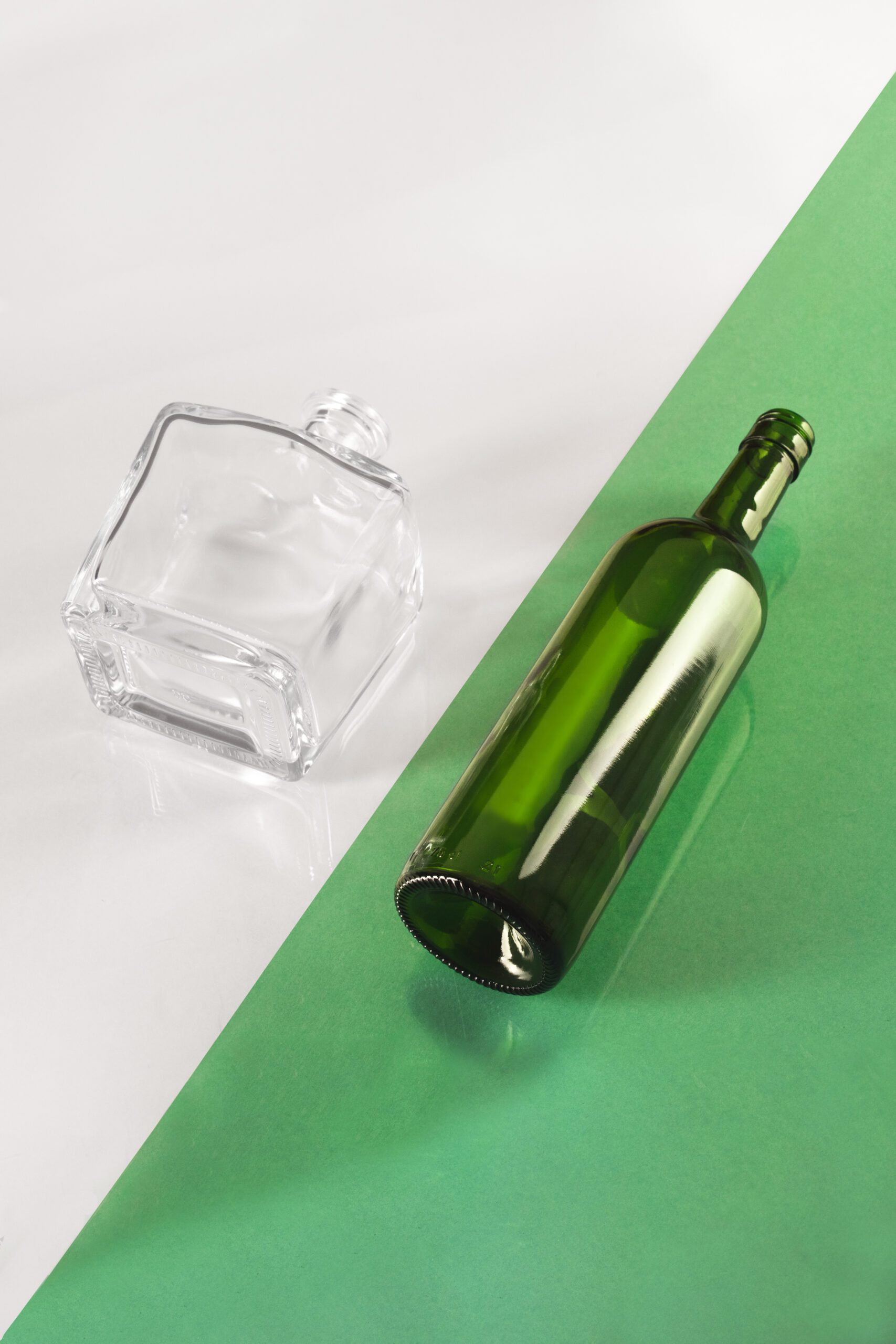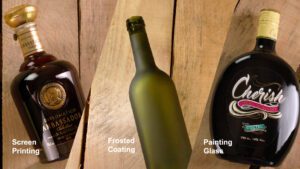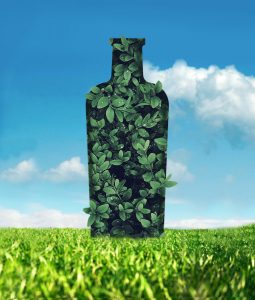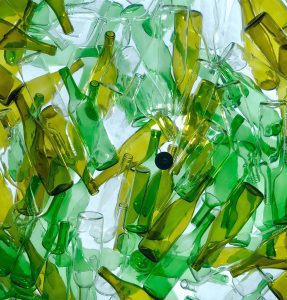Sustainable Glass or Ultra Premium Glass: Which One Should I Choose to Package My Spirit Beverage?

In this article, we will explore the differences between sustainable glass and ultra-premium glass in bottle manufacturing, and how the choice made by the customer will impact their product.
As environmental awareness continues to grow, companies in the spirits industry face an increasingly important question: What type of glass should they choose to package their products? Sustainable glass or ultra-premium glass? Both alternatives have advantages and challenges. Below, we will share key factors to consider so that you can choose the option that best suits the needs of your product.
Sustainable glass: A commitment to the planet
Sustainable glass is produced using a percentage of recycled glass. This option is highly valued as it significantly contributes to environmental conservation by reducing the extraction of raw materials and the energy demand for manufacturing new packaging. Recycled glass is melted at a temperature of 1000°C, which results in 20% to 40% lower energy consumption compared to regular glass (melted at 1600°C).
Despite being beneficial for the environment, sustainable glass can also pose certain challenges. The percentage of recycled glass used in the manufacturing process of new bottles can result in slight color variations in transparent containers, leading to bottles with yellow, blue, green, or gray undertones. For this reason, we have worked diligently to establish quality controls throughout the recycling and manufacturing process, aiming to ensure uniformity in all our bottle productions.
Choosing bottles made with sustainable glass can be a differentiator for spirits brands, showcasing a commitment to sustainability and environmental care. This can be appreciated by conscious consumers in their purchasing decisions and foster loyalty.
Ultra-premium glass: Excellence in transparency
The production of ultra-premium glass involves a higher percentage of raw materials such as sand, sodium carbonate, and limestone. These elements are combined to create glass with exceptional transparency, making it the preferred choice for brands looking to launch premium products or those that require absolute transparency in the bottle, such as mineral water or gin.
Although the use of raw materials does not offer the same positive environmental impact as recycled glass, advances have been made in production techniques to improve energy efficiency and reduce the environmental footprint. Additionally, a combination of recycled glass and raw materials in different proportions, known as “mixed glass,” has been successfully used in bottle manufacturing, leveraging the benefits of both materials.
Which one should I choose for my spirit?
It is important to note that both types of glass play an important role in the circular economy, as continuous technological advancements and a renewed focus on sustainability have resulted in reduced carbon footprint and effective waste management.
The choice between sustainable glass and ultra-premium glass in bottle manufacturing is a strategic decision that should be based on the goals and values of each company, as well as the expectations and preferences of consumers.
We are moving towards more responsible practices, leveraging the strengths of both materials to meet market demands and preserve our planet for future generations. Whether you are launching a new product or refreshing the image of your packaging, our custom glass bottle service can help you create a unique and memorable experience for your customers. Contact us today to learn more about how we can advise you to take your product to the next level.



